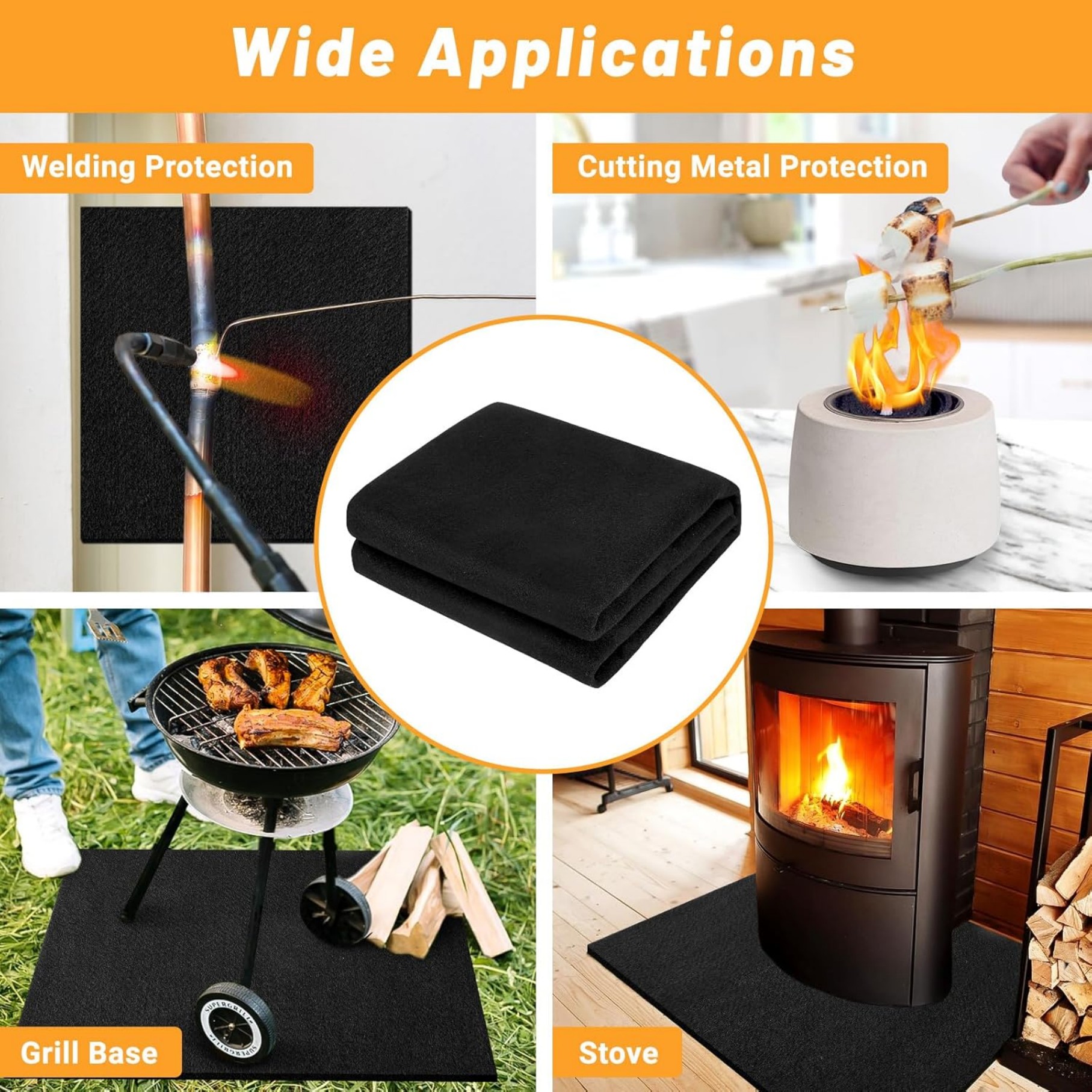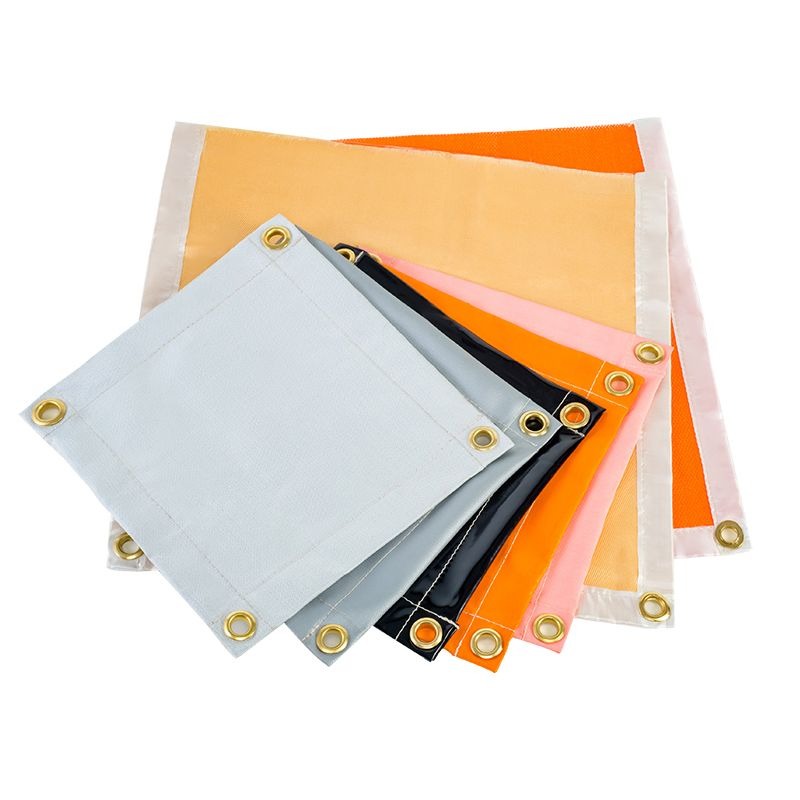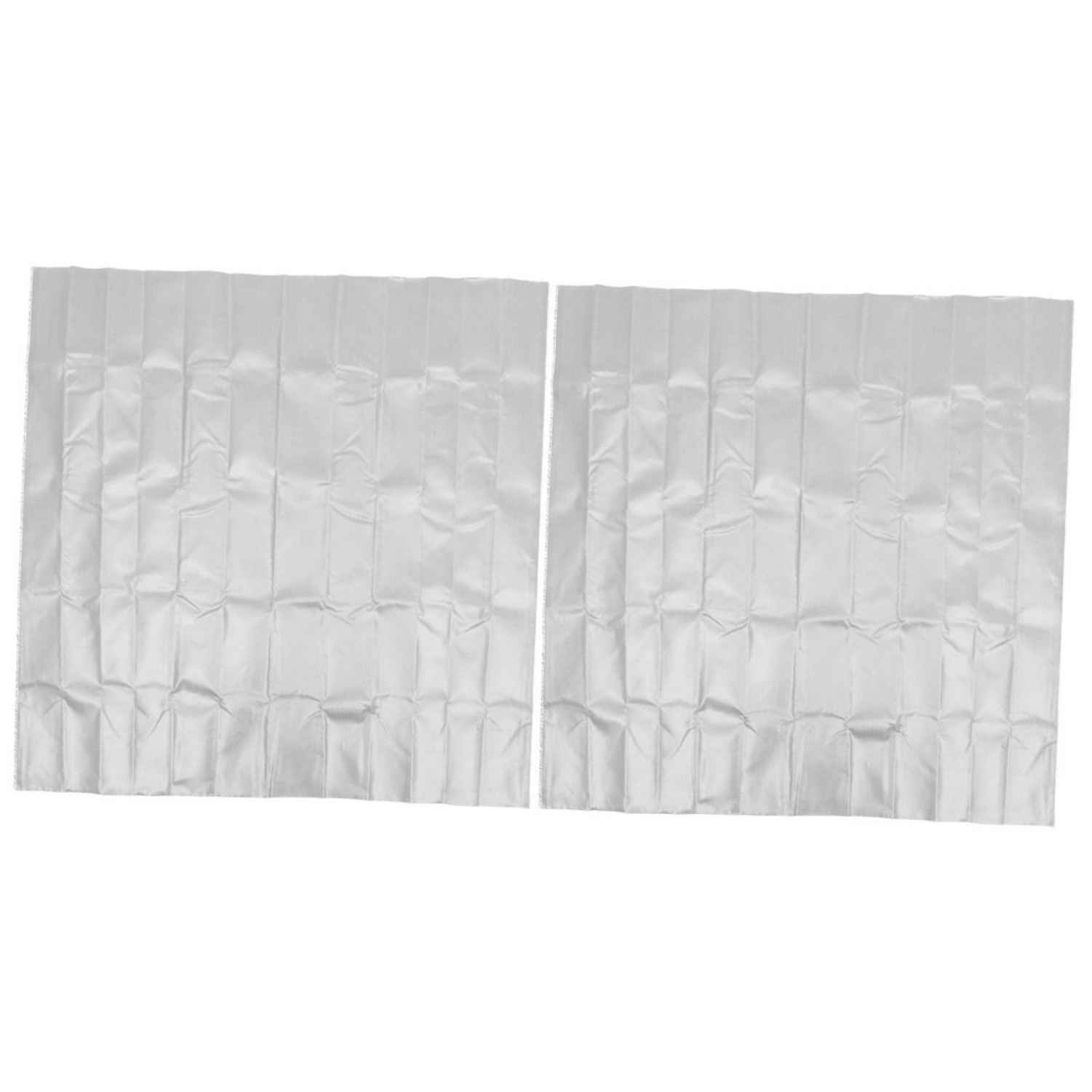Fire Resistant Blankets: Your Essential Safety Guide for Home and Workplace
Summary:Fire resistant blankets are crucial safety tools that smother small fires by cutting off oxygen. This guide explains how they work, proper usage, maintenance tips, and where to place them for maximum protection in homes and workplaces.
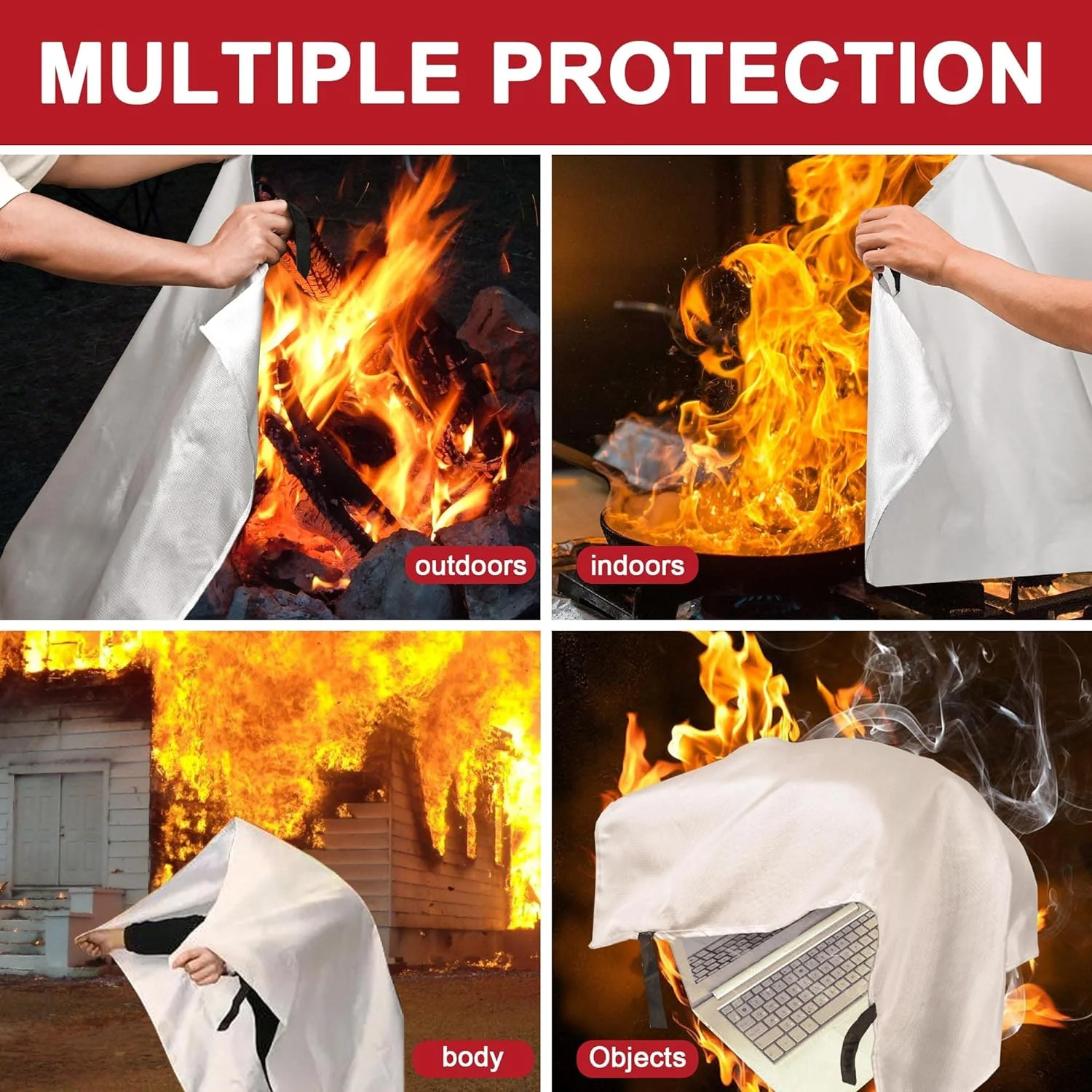
What Are Fire Resistant Blankets?
Fire resistant blankets are specially designed safety devices made from flame-retardant materials like fiberglass or wool treated with fire-resistant chemicals. When placed over a fire, they starve the flames of oxygen, effectively extinguishing small fires before they spread.
How Do Fire Resistant Blankets Work?
These blankets work through three key mechanisms:
- Oxygen deprivation:They create a physical barrier between the fire and surrounding air
- Heat insulation:The materials reflect radiant heat away from the user
- Flame smothering:They prevent flammable vapors from reaching the fire
When Should You Use Fire Resistant Blankets?
Fire resistant blankets are ideal for:
- Small kitchen fires (grease, electrical appliances)
- Clothing fires (stop, drop, and roll technique)
- Workshop fires (soldering, welding sparks)
- Emergency exits (wrap around yourself for protection)
Never use them for large, spreading fires or gas fires - always call emergency services in these situations.
Proper Placement of Fire Resistant Blankets
Strategic placement ensures quick access during emergencies:
- Kitchens: Within 10 feet of cooking areas but not directly above stove
- Workshops: Near potential ignition sources
- Bedrooms: Easily accessible in case of electrical fires
- Offices: Near electrical equipment clusters
How to Use Fire Resistant Blankets Correctly
Follow these steps for effective use:
- Pull the tabs to release the blanket from its container
- Hold the blanket with your hands protected behind it
- Place the blanket gently over the flames - don't throw it
- Leave the blanket in place for at least 15 minutes
- Call emergency services if the fire doesn't extinguish immediately
Maintenance and Care Tips
To ensure your fire resistant blanket remains effective:
- Inspect monthly for tears or damage
- Replace if the protective coating appears worn
- Store in easy-to-access locations away from direct heat
- Follow manufacturer's replacement guidelines (typically 5-7 years)
Choosing the Right Fire Resistant Blanket
Consider these factors when purchasing:
- Size:Standard sizes range from 3x3 feet to 6x6 feet
- Material:Fiberglass offers best protection, wool is more comfortable
- Certifications:Look for UL, CE, or BS EN 1869 standards
- Ease of deployment:Quick-release containers are safest
Fire Resistant Blankets vs. Fire Extinguishers
While both are important, fire resistant blankets offer advantages for certain situations:
- No chemical residue or cleanup required
- Easier to use with minimal training
- More effective on grease and clothing fires
- Safer for use in confined spaces
Common Myths About Fire Resistant Blankets
Let's debunk some misconceptions:
- Myth:Any thick blanket can work as a fire blanket
- Truth:Only specially treated materials can withstand high temperatures
- Myth:Fire blankets are only for industrial use
- Truth:They're equally important for home kitchens
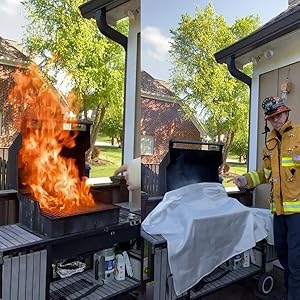
Final Safety Reminders
Remember these crucial points about fire resistant blankets:
- Practice using your blanket before an emergency occurs
- Never attempt to fight large fires yourself
- Install smoke detectors alongside your fire safety equipment
- Consider taking a basic fire safety course


